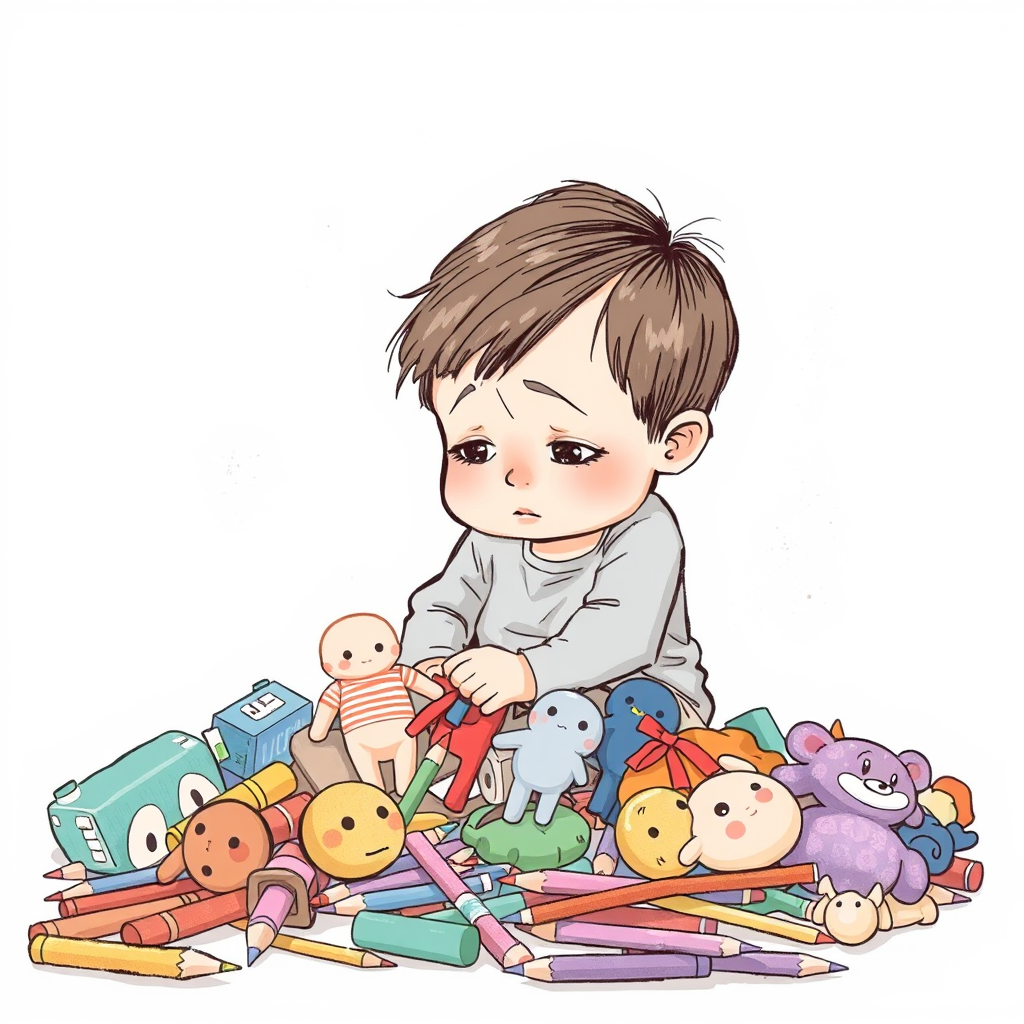Trump's 'Doll' Remarks Spark Strategist Panic

CNN’s Dana Bash highlighted a recurring and increasingly perplexing message from President Trump regarding tariffs and consumer impact, noting it’s “breaking through” to the public in a way many of his other statements haven’t. The President has repeatedly used the analogy of children needing fewer toys – specifically, settling for “two dolls instead of 30” or a handful of pencils instead of hundreds – to illustrate the potential cost of his trade policies.
During a discussion on Inside Politics, Bash played multiple clips of Trump making this argument, both on Air Force One and in a recent interview with NBC’s Kirsten Welker. Trump framed the issue as a matter of reasonable expectations, suggesting children can be just as happy with fewer possessions.
The unusual persistence of this “dolls” analogy has drawn attention, even prompting a comedic segment on Saturday Night Live featuring Colin Jost exaggerating a child’s reaction to receiving a limited number of gifts.
Kasie Hunt, also on the Inside Politics panel, observed that the repeated use of this example is unusual for presidential communication. More significantly, she revealed that several Republican strategists are urging Trump to retract the comments and, more broadly, reconsider his tariff policies. These strategists believe the “dolls” example, because of its personal and relatable nature, is acutely highlighting the potential economic pain for families and is proving counterproductive. They reportedly want him to “walk back a lot of what he’s doing with these tariffs.”
Bash emphasized the connection between the tariff policies and the toy industry, stating that 80% of toys sold in the United States are manufactured in China – the country most heavily impacted by the President’s tariffs.
While Trump’s intention may be to illustrate a point about reasonable consumption, the focus on toys and childhood possessions feels tone-deaf, particularly given the potential economic hardship tariffs could impose on families. The fact that strategists are actively seeking a retraction suggests the message is resonating negatively and undermining the administration’s broader economic narrative. It’s a peculiar situation where a seemingly simple analogy has become a focal point of concern for those advising the President.